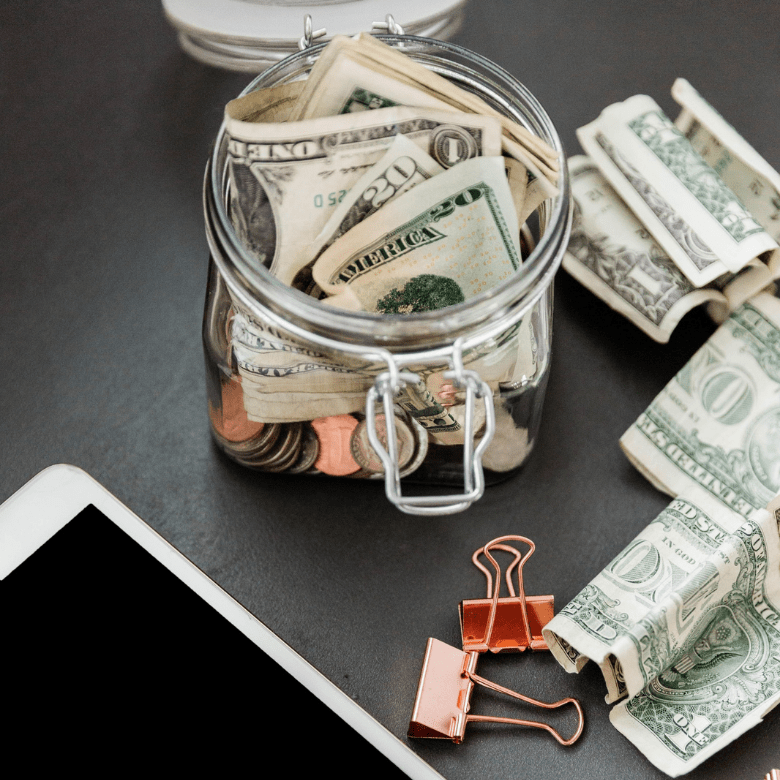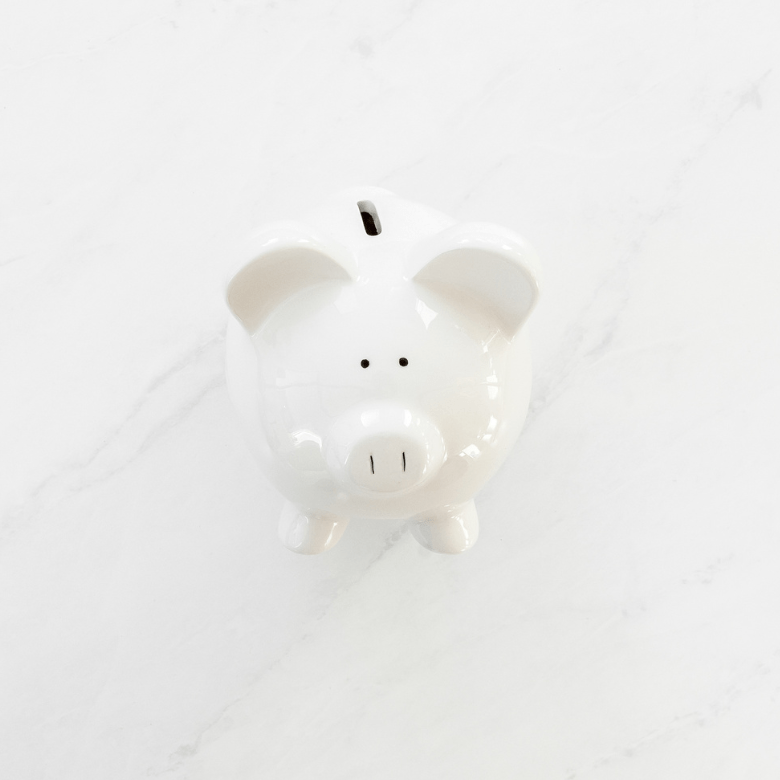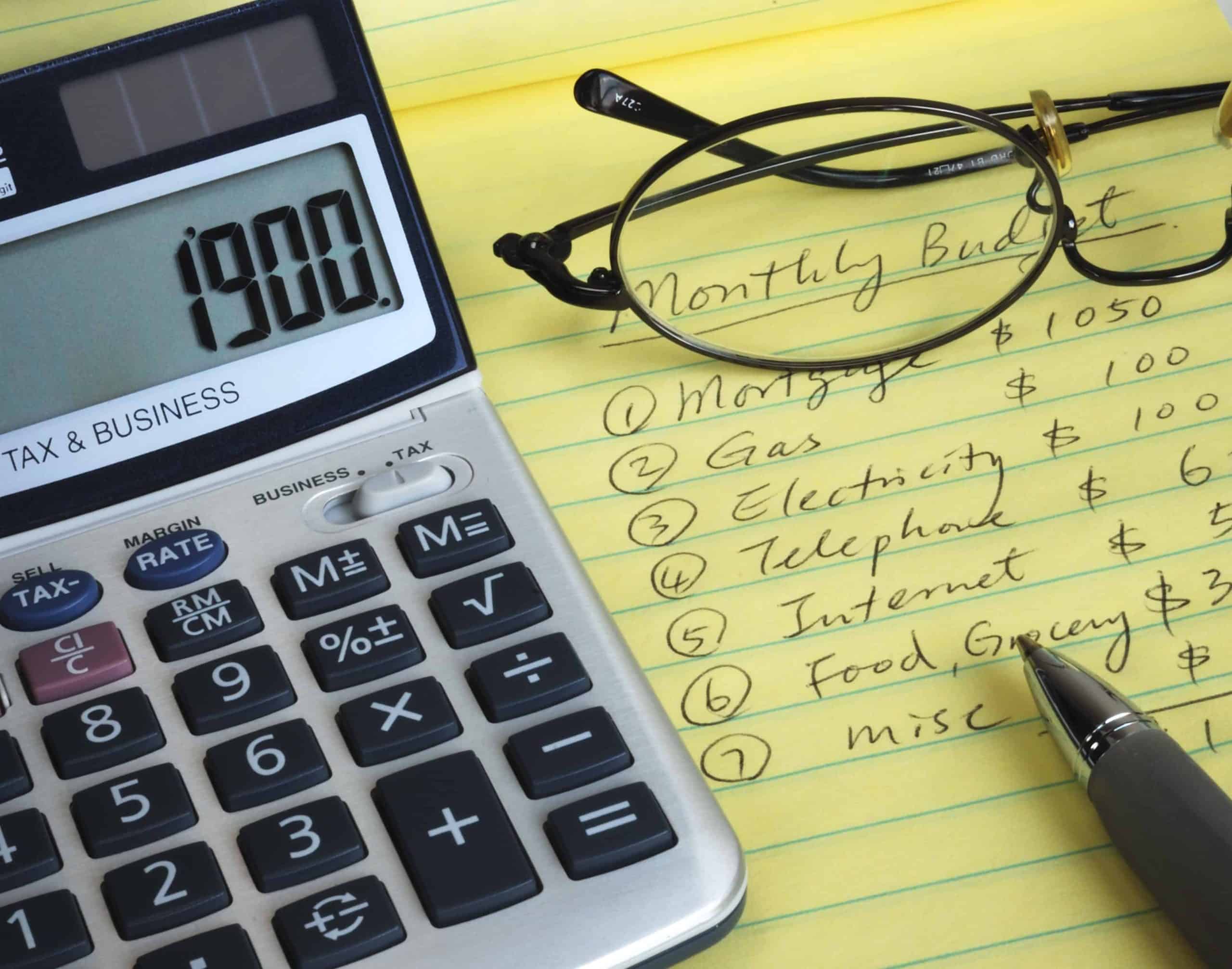8 Budgeting Tips for Millennials
The spending habits of millennials tend to be somewhat different from those of older generations. Millennials are often willing to spend more on convenience to help make their lives easier, for example.
Millennials are also more likely to spend money online shopping and eating out rather than cooking at home. Instead of buying a car of their own, they may choose to use a ride-sharing service and have their groceries delivered. Even though it may cost more over time, many feel that it gives them more time, thanks to the convenience those types of services offer.
Millennials often get stereotyped for spending frivolously because they account for around $1.1 trillion of the country’s $3.6 trillion consumer debt. However, a large amount of that debt is due to student loans. Additionally, millennials are dealing with a larger financial burden than Gen Xers and Baby Boomers. Not only has the cost of education increased but so has the cost of buying a home. Yet, wages have not increased enough to keep up with inflated living costs. Many millennials are living paycheck to paycheck.
If you are also a member of the millennial generation, you know and understand the importance of saving, although it can be difficult. The pandemic’s arrival helped drive home the point that saving extra money is vital, not just for retirement. Below are easy-to-implement budgeting and financial tips that can help millennials learn to save money and create a budget that works.
Some of the links in this post are affiliate links. We may receive compensation when you click on links to products at no extra charge to you. View our full disclaimer.
8 Budgeting Tips for Millennials
Budgeting and saving are not always easy, but they are a necessary part of life that everyone needs to learn and understand. To help provide a bit of guidance, you will find eight tips that you can start using to improve your financial situation right now. You won’t eliminate your financial worries overnight, but you will be putting yourself on the right path going forward.
Build an Emergency Fund
Millennials (and everyone else) discovered just how important it is to have an emergency fund when the pandemic emerged. It was a wake-up call, as people saw what little money they had saved, beginning to dwindle as jobs were lost, and it became clear that they needed to start thinking more about the future. Specifically, they needed to think about the unpredictability that the future would hold.
However, things are starting to change, as more and more millennials are seeing the need to create an emergency fund that can help them through emergencies.
The best way to start an emergency fund for most people tends to be with small steps – start by saving up for a month’s worth of expenses. When you have one month’s worth of expenses saved in a high yield savings account, continue adding to it until there are two months, three months, then six months, and even a year’s worth of expenses saved. This will take time, of course, but it will allow you to keep building the fund over time. Knowing that you have money available when needed will let you rest much easier at night.
You might be wondering how you can save extra money for an emergency fund if wages haven’t gone up, despite the rising cost of living. Often, it comes down to finding ways to save money and make more money. We’ve included tips below on how you can do this while making sure you can still meet your monthly financial obligations.
Save Money on Unnecessary Expenses
How much are you spending on things that you do not truly need? Although no one wants to go without and not have the things that they enjoy, you have to truly look at just how much money you are spending each month on frivolous expenses.
Many millennials laugh when people tell them to stop buying Starbucks and the like, but when you take the time to look at how much those types of things cost, it can be enlightening.
For example, if someone goes to Starbucks for a coffee just three times per week and spends $4 per visit, they spend $48 per month. This equates to $576 per year. Now, let’s say that this same person spends just $160 on new clothes and entertainment that are not needed each month. This is another $1,920 per year. We’re already at a total of $2,496 per year. This doesn’t even include all of the other unnecessary expenditures that they might be making.
I’m all for saving up to enjoy the finer things in life, like travel and dining out, etc. However, how much easier would your life be if you were able to save a few thousand extra dollars per year just from cutting out some of your needless purchases? All the decisions you make when buying, no matter how small, can start to add up.

Save on Housing Costs
You might also want to consider how much you are spending on housing. Typically, this is the largest expense that people will have. Although most people like the idea of living independently, that’s not always financially feasible in today’s world. The cost of rent is high in most cities, and in those locations where rent is cheaper, it typically means the wages are lower.
Rather than barely getting by and not being able to save, it might make more sense to consider looking for a place with a roommate or two. This will help you to reduce the amount of money you are spending on a place to live, as well as the amount you are paying for utilities, such as electricity and the internet.
It will often allow you to live in a larger home in a better location while still saving a substantial amount of money. Rather than being cramped in a studio by yourself, you could live in a larger townhouse or a single-family property with a yard. Use this Rent Affordability Calculator to help you determine how much you can afford on rent.
Compare Transportation Options
How do you get to and from work? How do you visit family, pick up groceries, and run errands? There are many transportation options available today, from buses and trolleys to Uber and Lyft. Many millennials opt not to get a vehicle of their own for one reason or another. In some cases, this might be a perfectly reasonable option. For example, if you live in the middle of NYC, you likely have a wealth of transportation options available to you that would be cheaper than paying for a car and parking each month.
However, there could be some instances where having a vehicle would be a cheaper solution. Calculate how much money you are spending on your transportation cost each month, along with any other expenses that are tangentially associated with transportation.
Let’s look at some examples.
If you use a ride share service, how much does it cost each month? This will vary depending on how often you have to use it, but it could be several hundred dollars a month. Do you have groceries delivered each week because you don’t have a car to pick them up? How much are those delivery fees? You might find that the cost of the vehicle and insurance are comparable. When you own a vehicle, though, you have an asset that you can sell if needed.
Those who are taking public transportation rather than rideshare services will find that not having a vehicle will be cheaper in most cases, but it will not be as convenient. However, if you buy a used vehicle outright, the cost of insurance and fuel could be lower than the price of public transportation passes and grocery delivery fees, for example. Take the time to run the numbers to see which option will help you save money.
Don’t Accumulate Credit Card Debt
Credit cards can be a valuable tool that can help you build strong credit when used correctly. This will be useful for buying real estate later in your life. Some cards even offer reward points for cashback or travel. However, there are also risks associated with credit cards.
Some people use credit cards to spend more than they earn. On top of that, they end up spending even more money than you would with cash due to the interest on the credit cards. This has the potential to put you in debt and keep you there if you aren’t careful. If you overspend on credit cards and cannot pay on them each month, it could damage your credit score and leave you with a lot of credit card debt.
Be careful with your credit cards – don’t overspend and choose credit cards with a low-interest rate.
Find Free and Cheap Ways to Have Fun
Some millennials are spending far more than they should on fun and entertainment. However, there are plenty of fun and interesting hobbies that you can enjoy for free or cheap. Hiking is a great way to have fun, get an effective workout, and it can give you some incredible photos to post on social media. You could also host a fun game night with friends. Many games can be played online today, so you don’t have to worry about finding a place for everyone to meet up.
Another option is to think about cutting cable if you haven’t already. Getting rid of this expense and subscribing to a streaming service is cheaper and provides plenty of entertainment. If you enjoy reading, consider getting a Kindle and using Kindle Unlimited. The subscription service is about $10 a month, and you will have access to countless books to read. It’s cheaper than buying a book each week or even each month.
There are many ways to have fun without spending a lot of money. Think about your hobbies and how you can keep them cost-effective.
Make Your Own Food
Another way to save some money is by making your own food rather than ordering takeout, having food delivered, or going out to restaurants. You can cut your food expenses down substantially by cooking more meals of your own. Instead of going out for lunch, brown bag it. When you are heading out for a day trip or a hike, pack your snacks and lunch instead of stopping for fast food.
Another nice benefit of making more of your own food is that you will learn how to cook more dishes. Cooking can become not only a way to save money but also a fun hobby.
Get a Side Gig
Consider getting a side hustle that can help you earn extra money each month. Maybe you enjoy writing. Create books and sell them through Amazon for a bit of extra cash. Offer your graphic design services for a fee. Charge companies to run their social media accounts or to write posts for them.
There are plenty of different side hustles you could start, whether working from home in your spare time or getting a second job. Find what you enjoy doing and start saving the extra money you are making. It’s going to help you a lot in the long-term.
Managing your finances is not always easy, and saving money can seem almost impossible for many living week to week. However, by using the tips above and trying to cut back whenever possible, it will become possible to start saving and reducing the amount of money spent each month. You can save money and build your net worth all at the same time. It will take discipline and time, but the results will be well worth it.








